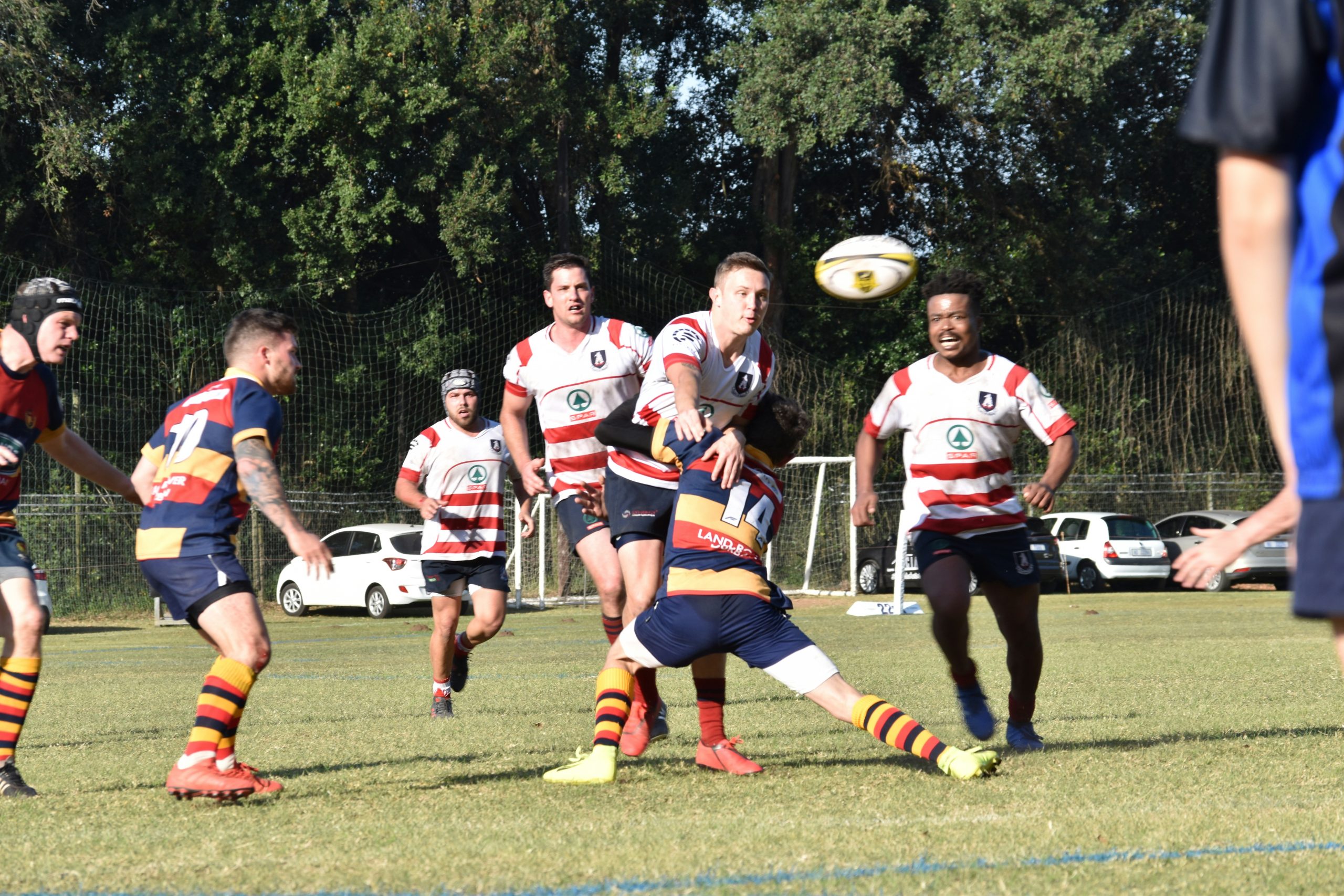
Mental Health Resources for Student Athletes
Student athletes face unique challenges that can impact their mental health. Balancing rigorous training schedules, academic demands, and personal life can lead to stress, anxiety, and other mental health issues. Recognizing these challenges, universities and organizations have developed specialized resources to support the mental well-being of student athletes.
Common Mental Health Challenges
Student athletes often experience:
- Performance Pressure: The expectation to excel in both sports and academics.
- Time Management: Difficulty balancing training, competitions, and coursework.
- Injuries: Coping with injuries that can affect performance and mental well-being.
- Identity Issues: Identifying beyond their athletic achievements.
- Social Isolation: Feeling disconnected due to demanding schedules.
Types of Mental Health Resources Available
Universities and sports organizations offer a range of resources tailored to the needs of student athletes:
- Psychological Counseling: Access to counselors trained in sports psychology who understand the unique pressures athletes face.
- Support Groups: Peer support networks where athletes can share experiences and strategies.
- Workshops and Seminars: Sessions on stress management, performance anxiety, and mindfulness techniques.
- Online Platforms: Websites and apps providing mental health tools, self-assessment quizzes, and educational resources.
- Coaching and Mentoring: Personalized guidance from coaches or mentors focusing on both athletic and mental performance.
Case Studies and Success Stories
For example, at XYZ University, the athletic department partners with the psychology department to offer confidential counseling services specifically for student athletes. According to Dr. Jane Doe, head psychologist, “Our goal is to help athletes not only perform better on the field but also manage the stresses that come with being a student athlete.”
In another instance, ABC Sports Academy hosts weekly workshops where athletes learn relaxation techniques and goal-setting strategies. This initiative has led to a significant decrease in reported anxiety among participants, as noted by Coach John Smith.
Challenges in Accessing Resources
Despite the availability of resources, student athletes may face barriers such as stigma associated with seeking help, lack of awareness about available services, or time constraints due to their busy schedules. Universities are working to overcome these barriers by promoting mental health awareness campaigns and integrating support services into athletes’ daily routines.
Conclusion
It is crucial for student athletes to prioritize their mental health alongside their physical training and academic responsibilities. By utilizing available resources and seeking support when needed, athletes can enhance their overall well-being and performance both on and off the field.
Remember, as Olympic gold medalist Michael Phelps once said, “It’s okay to not be okay sometimes, but it’s not okay to stay that way. Seek help, talk to someone.”
For more information on mental health resources for student athletes, visit your university’s athletic department or counseling center.



